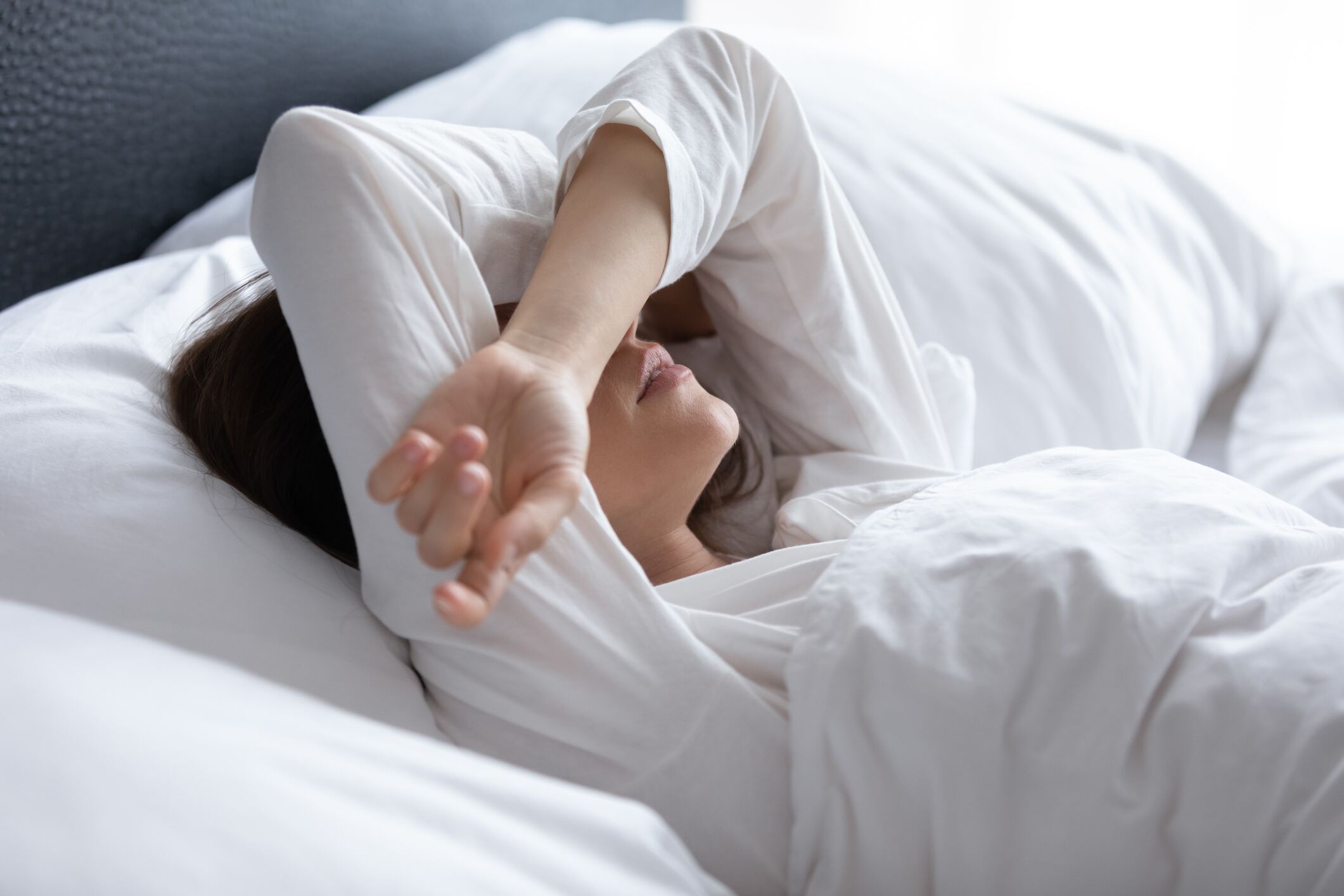Discover more about the complicated relationship between your wellbeing and sleep…
1. Anxiety
We’ve all tossed and turned at night as we worry about our day-to-day lives. However, if reoccurring negative thoughts are sustained for a long time you could find your sleeping pattern seriously affected. Those who suffer with anxiety are also more prone to panic attacks, the sudden sensation of losing control or apparent pain can strike when awake or asleep and prevent you from switching off.
2. Depression
Unlike other mental health issues on our list, depression can actually lead to someone oversleeping. The symptom is particularly common in people with Seasonal Affective Disorder (SAD), a type of depression triggered during the colder seasons. When there are fewer daylight hours, SAD sufferers find little reason to leave their bed and will also sleep more often. Some forms of depression can also lead to insomnia.
3. Trauma
Anyone who has gone through trauma will know that flashbacks love to strike as you lay in bed. Harrowing memories can make it difficult to switch off at the end of the day, especially in a dark room. Even when you do manage to sleep there’s always the chance that nightmares and night terrors will disturb your rest. The problem will probably need the help of a professional before your sleep pattern can improve.
4. Mania
Mania or periods of excited behaviour can be experienced as part of bipolar disorder, schizoaffective disorder and other mental health conditions. Those affected may be overcome with a sense of euphoria that prevents them from falling asleep. Common symptoms include hyper-activity, restlessness and increased energy. In extreme cases manic episodes can last for days.
5. The mental health-sleep cycle
Just as insomnia may lead to depression, depression can lead to insomnia, the seemingly never-ending cycle can have a huge impact on your wellbeing. For many people the first signs of deteriorating mental health show up in their sleeping habits. Whether you find it more difficult to sleep than usual or spend more of your time oversleeping, it’s vital that you seek professional help as soon as problems arise.





